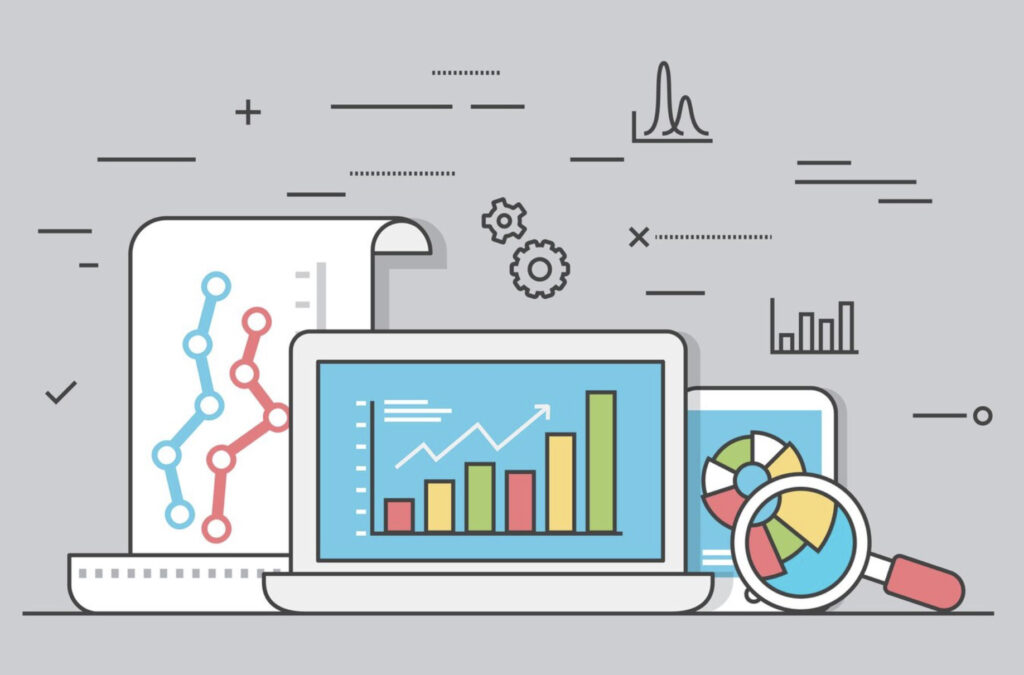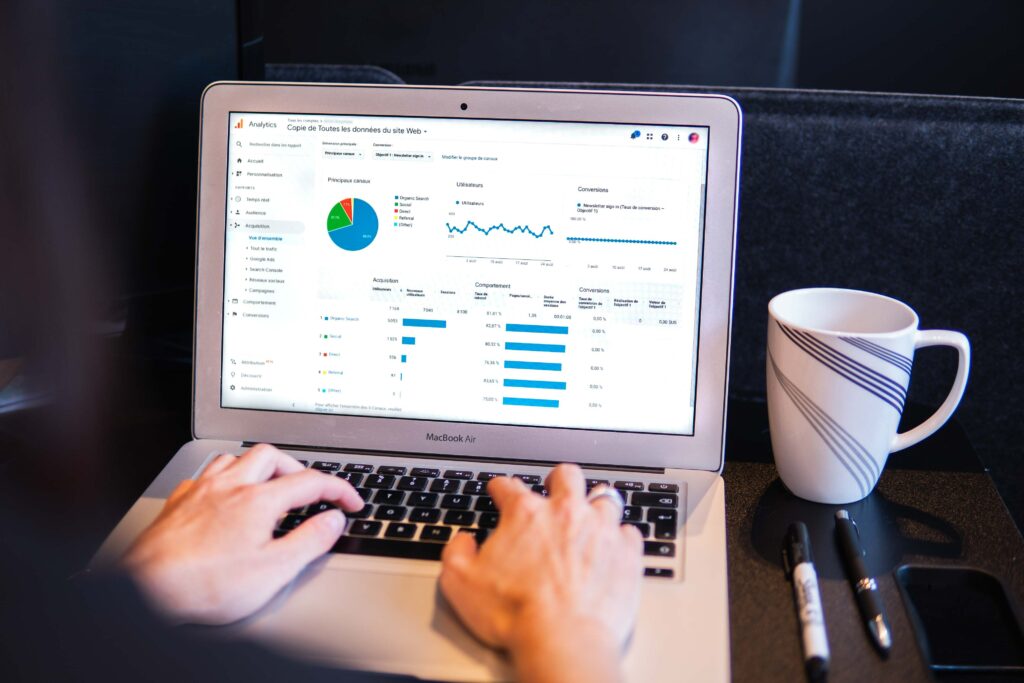Analytics in SEO plays a crucial role in ensuring that businesses maximize their online presence. Without proper tracking and data analysis, even the best SEO strategies may fail to deliver desired results. By leveraging analytics tools, businesses can measure their performance, identify areas for improvement, and refine their strategies to drive better search engine rankings and user engagement. This article explores the significance of SEO analytics, key metrics to track, and the essential tools for measuring success.
Why Analytics Matter in SEO
Analytics helps businesses understand how their SEO strategies impact website performance and user engagement. Here’s why it matters:
- Understanding User Behavior and Intent: Analytics provides insights into user interactions, such as how long they stay on a page and what content they engage with the most. This helps in optimizing content and improving user experience.
- Measuring Website Performance: Metrics like page load time, bounce rate, and session duration help assess how well a website is performing and whether technical SEO improvements are needed.
- Identifying Opportunities for Optimization: Analytics data highlights keyword performance, backlink effectiveness, and content engagement, allowing businesses to refine their SEO strategies.
Key SEO Metrics to Track
To measure SEO success effectively, it’s essential to track the following metrics:
- Organic Traffic – The number of visitors coming from search engines. A steady increase indicates effective SEO.
- Bounce Rate and Dwell Time – A high bounce rate and low dwell time suggest that users aren’t finding what they need. Improving content quality and relevance can help.
- Click-Through Rate (CTR) – The percentage of users who click on a website after seeing it in search results. Optimizing meta titles and descriptions can enhance CTR.
- Conversion Rate – Tracks how many visitors complete a desired action, such as making a purchase or filling out a form.
- Keyword Rankings – Monitoring the ranking positions of targeted keywords helps assess SEO effectiveness.
- Backlink Profile – The number and quality of backlinks pointing to a site indicate its authority and credibility.
Essential SEO Analytics Tools
To analyze these metrics, businesses can use various tools designed for SEO tracking and improvement. Some of the most effective tools include:
- Google Analytics – Offers comprehensive traffic insights, user behavior tracking, and conversion data.
- Google Search Console – Helps monitor search performance, indexation issues, and technical SEO errors.
- SEMrush & Ahrefs – Provide keyword research, competitor analysis, and backlink tracking.
- Moz & Majestic – Specialize in backlink analysis and domain authority evaluation.
- Heatmaps & Session Recording Tools (Hotjar, Crazy Egg) – Help visualize user interactions on a webpage for UX improvements.
How to Use Analytics for SEO Improvement
Once data is collected, it must be used effectively to enhance SEO performance. Here’s how:
- Develop a Data-Driven Content Strategy: Identify high-performing content and create more of what works. Update outdated content and optimize for relevant keywords.
- Technical SEO Optimization: Address site speed issues, fix broken links, and improve mobile-friendliness based on analytics insights.
- Identify and Fix Performance Bottlenecks: Use analytics to spot areas where users drop off and make necessary adjustments.
- Track SEO Efforts Over Time: Regularly analyze data to measure improvements and refine strategies accordingly.
Conclusion
Incorporating analytics in SEO is essential for understanding website performance, optimizing content, and improving search rankings. By leveraging the right tools and tracking key metrics, businesses can refine their strategies and achieve long-term success in search engine optimization. Regular analysis and adjustments based on data insights ensure sustained growth and enhanced online visibility.


